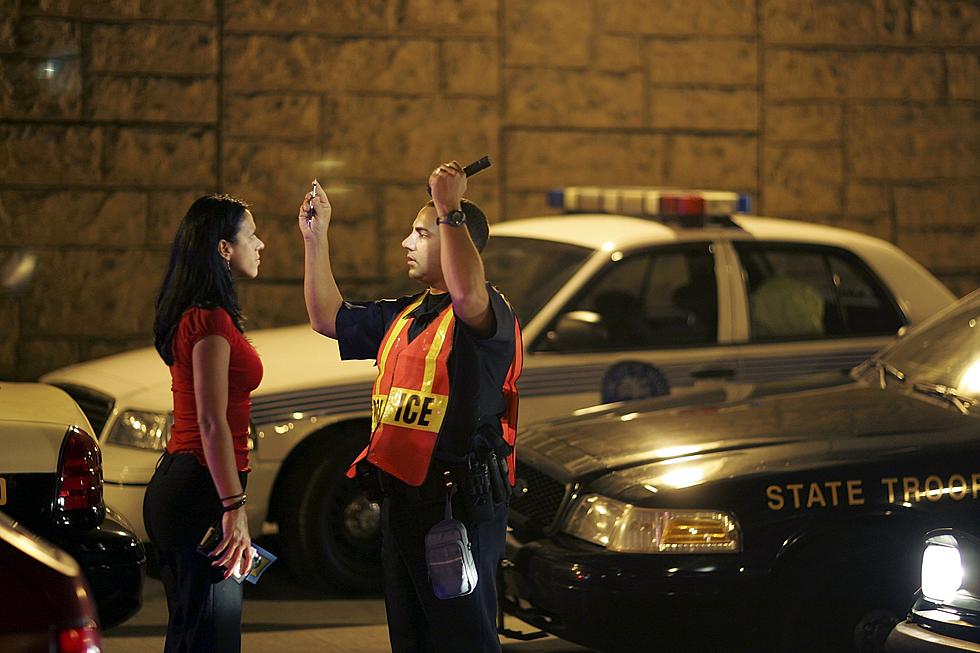Probable Cause for DWI Arrest in North Carolina Part Two – The Investigation
Part One of this Blog provided an overview of probable cause for DWI arrest in North Carolina. This blog breaks down the police investigation and the specific factors that a court will consider regarding probable cause.
License and registration
Police will ask for these items and, as the driver, you must provide them.
Police questioning
Police may then ask you questions, such as “Where are you going?” “Where are you coming from”? “Have you had anything to drink tonight”. You do not have to answer these questions. You may incriminate yourself by answering these questions. For examples, if you answer, “Yes, officer, I have been drinking. In fact, I have had about 3-4 drinks”, you will almost surely be arrested. Further, you have just made it much more difficult for your criminal defense lawyer to successfully argue a probable cause motion on your behalf if you wind up being charged with a DWI in North Carolina. Please always keep in mind that informing the police that you have been drinking is unwise. It is the equivalent of offering them a confession. You do not have to answer this or any other investigatory question.
Remember that the purpose of these questions is to obtain evidence against you, not to help you out. You do not have to incriminate yourself. You have the right to refuse to answer investigatory questions. You will have to make this judgment, as you will not have access to a criminal defense attorney on the scene.
Stepping out of the vehicle
Police are permitted to require the driver and/or any passengers to step outside of the vehicle. This may be done for no reason at all. Failure to abide by police order to step out of the vehicle can result in additional charges, such as resisting a public officer (click here to learn more about resisting an officer in North Carolina).
As you step out of the vehicle and as the police continue their investigation, they will be observing you. In fact, throughout the investigation, police will be observing your behavior. They will be taking note of things such as erratic behavior, balance or coordination problems, slurred speech, compliance/lack of compliance, “odor of alcohol” (this is a police favorite because it requires no proof), etc.
Field Sobriety Test
You have the right to refuse to perform field sobriety tests. If a police officer suspects that you have been driving under the influence, he will ask you to perform some field sobriety tests.
You can refuse to perform these tests. If you choose to do so, do so politely and do not get belligerent. Remain calm. Some people choose to refuse these tests because even a sober person can fail these tests. These tests are inherently unreliable. Further they are given to individuals who are nervous and may even be downright scared. Many individuals suffer from things such as poor balance, anxiety, nerves, performance anxiety, etc. Further, most of these DWI checkpoints occur at night, when most people have a harder time seeing. People may also naturally be tired, particularly if this is a late-night checkpoint, which will likely affect one’s performance. Also, there will be multiple flashing lights that will be going off right in your eyes.
Note that if you manage to perform well on these tests, this may be a consideration that the judge gives in your favor. Please also note that you can be arrested for DWI even if you pass all the field sobriety tests with flying colors. You must make an on-the-spot judgement call regarding whether you think submitting to these tests will be to your benefit.
Field Breathalyzer Test
If police suspect you of DWI, they may ask you to perform a breathalyzer test at a DWI checkpoint. This will typically happen after you are asked to perform field sobriety tests. You have the right to refuse this test. If you consent to this test, if you blow positive for alcohol, this evidence will be used as probable cause for DWI Arrest in North Carolina. It will be used against you at a probable cause hearing if you are charged with DWI. The evidence used against you gathered from this test is simple – whether you blew “positive” for alcohol or “negative for alcohol”
In determining whether to submit to this voluntary test, ask yourself some logical questions. For example: “Have I been drinking?” “How much have I had to drink tonight?” “Will my test be positive for alcohol or will it be negative for alcohol?” “Do I think I will benefit from this test or be harmed from taking this test?”
Note that this is different from a breathalyzer test that you take at the police station AFTER you have been arrested for DWI. You do not have the right to refuse THAT test. If you do refuse that test, you will automatically lose your license for one year. Click here to learn more.
Search of the vehicle
Police may ask for permission to search your vehicle. This may NOT sound like a question. It may sound like a command. However, you have the right to refuse to consent to a search of your vehicle. In fact, you probably should not give consent because very little good (if any) can come from this.
If you are arrested for DWI or if police claim to have probable cause to search your vehicle, the police will likely end up searching your vehicle. However, if you consent to a search and the police uncover evidence of a crime, your criminal defense attorney will have a very hard time arguing that the search was unconstitutional.
If you have been charged with a DWI in North Carolina or South Carolina (or another crime in North Carolina or South Carolina), you should speak with a criminal defense attorney.
